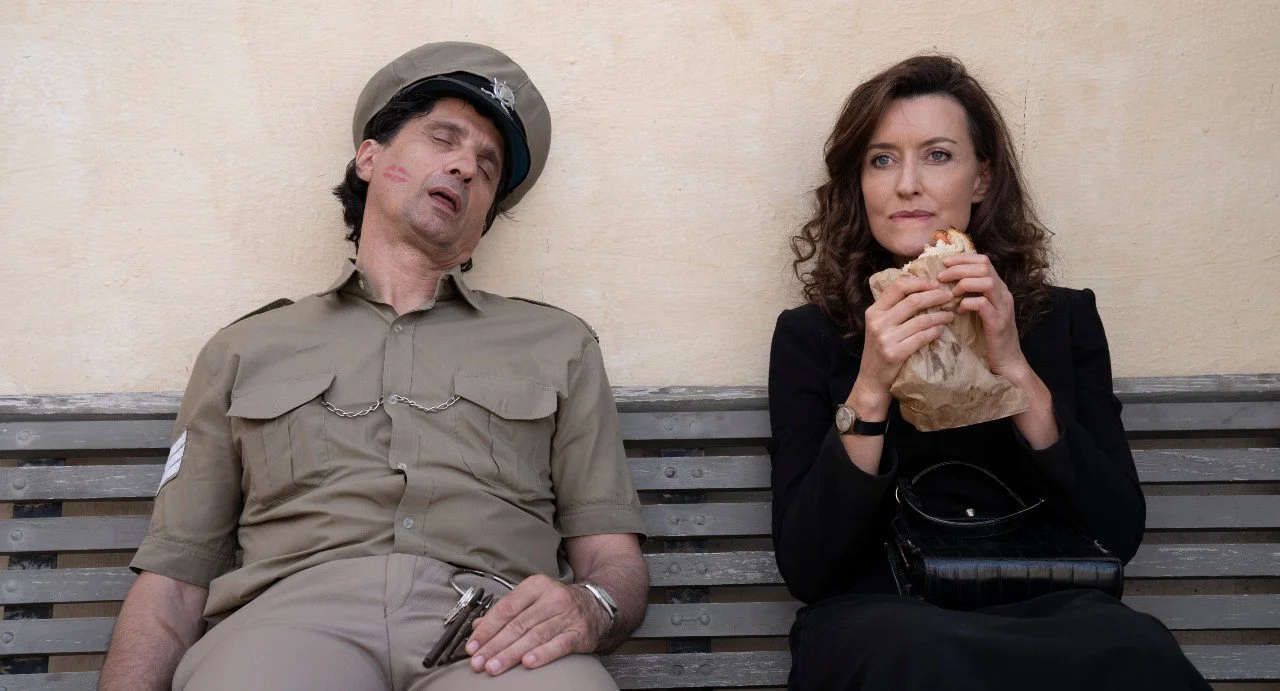Female Eye Film Festival At 20: Making Women's History
By Liam Lacey
Another festival coming back to real-life, in-person gathering this year is the Female Eye Film Festival (June 9 through 12), which is marking a significant anniversary.
The annual Toronto event, founded and run by actor, screenwriter, and director Leslie Ann Coles, turns 20 this year. That means the event was going long before the recent focus on gender equality prompted by the 2017-2018 anti-sexual harassment campaigns of #MeToo and Hollywood’s Times Up.
A scene from Carmen
Filmmaking, as a 2019 UNESCO report puts it, is “arguably the most high-profile of all the creative industries,” where the gender gap is in the public eye. Take the Oscars. Only two women, Jane Campion and Chloe Zhou, have won Oscars in the past two years. Before that, there was only one female winner, Kathryn Bigelow, in the Academy Award’s 94-year history.
There’s a fine example of re-evaluating women’s history in this year’s festival. Independent Miss Craigie, directed by Lizzie Thynne, follows the career of Jill Craigie, a socialist, feminist journalist and filmmaker who made documentaries (Out of Chaos, The Way We Live Now, To Be A Woman) and one feature (Blue Scar, a drama about Welsh coal mining).
She was known in the 1950s, when she appeared as a television guest, as “England’s only woman filmmaker” which was not exactly true, but a telling label. She was acutely conscious of — and frustrated by — her relatively rare position.
In 1958, she wrote a letter to Michael Balcon, head of Ealing Studio, reproving him for the lack of gender balance. The letter reads, in part: “Can you honestly say that any of our directors, even Sandy [Mackendrick], ever shot pictures that really get under the skin of their women characters? Has your wife or your daughter ever said to you about British films […] ‘That is me, that is precisely how I would have felt under those circumstances?’”
Craigie was a high-profile figure, and there’s a generous archive of her writing and filmed interviews included in Tyler’s documentary, but her accomplishments have been overshadowed by her marriage to British Labour leader, Michael Foot. The film is part of a larger project through the University of Sussex to bring her work to scholarly and public attention.
Also of note:
This year, the festival gives a tribute to Toronto director Valerie Buhagiar, who has had four films in the festival since 2008 Her latest, Carmen — which debuted at the Canadian Film Festival earlier this year — is a crowd-pleaser starring English actress Natasha McElhone (Solaris, Designated Survivor) as the middle-aged unmarried sister of a village priest who, according to local tradition, is obliged to also be his housekeeper.
When the priest suddenly dies, she is left without a job or home. While hiding out in the church’s confession box one day, she finds herself mistaken for the new priest, which awakens a new sense of power to change both the community and her own life.
We’re All In This Together, written, directed and starring Katie Boland in dual roles, is adapted from Canadian author Amy Jones’ comic novel about a chaotic family reunion in Thunder Bay. Boland stars as Finn Parker, who returns from self-exile in Toronto to her hometown after her mother, Kate (Martha Burns) goes over the Kakabeka Falls in a whisky barrel, an event which goes viral on the internet.
Boland plays both Finn and her impulsive sister, Nicki, carrying on stormy arguments with each other, which is equal parts technical and acting feat.
The Female Eye Film Festival runs June 9 to 12 at the TIFF Bell Lightbox. For a complete list of films, industry programs and box office information, check the Female Eye Film Festival online.


